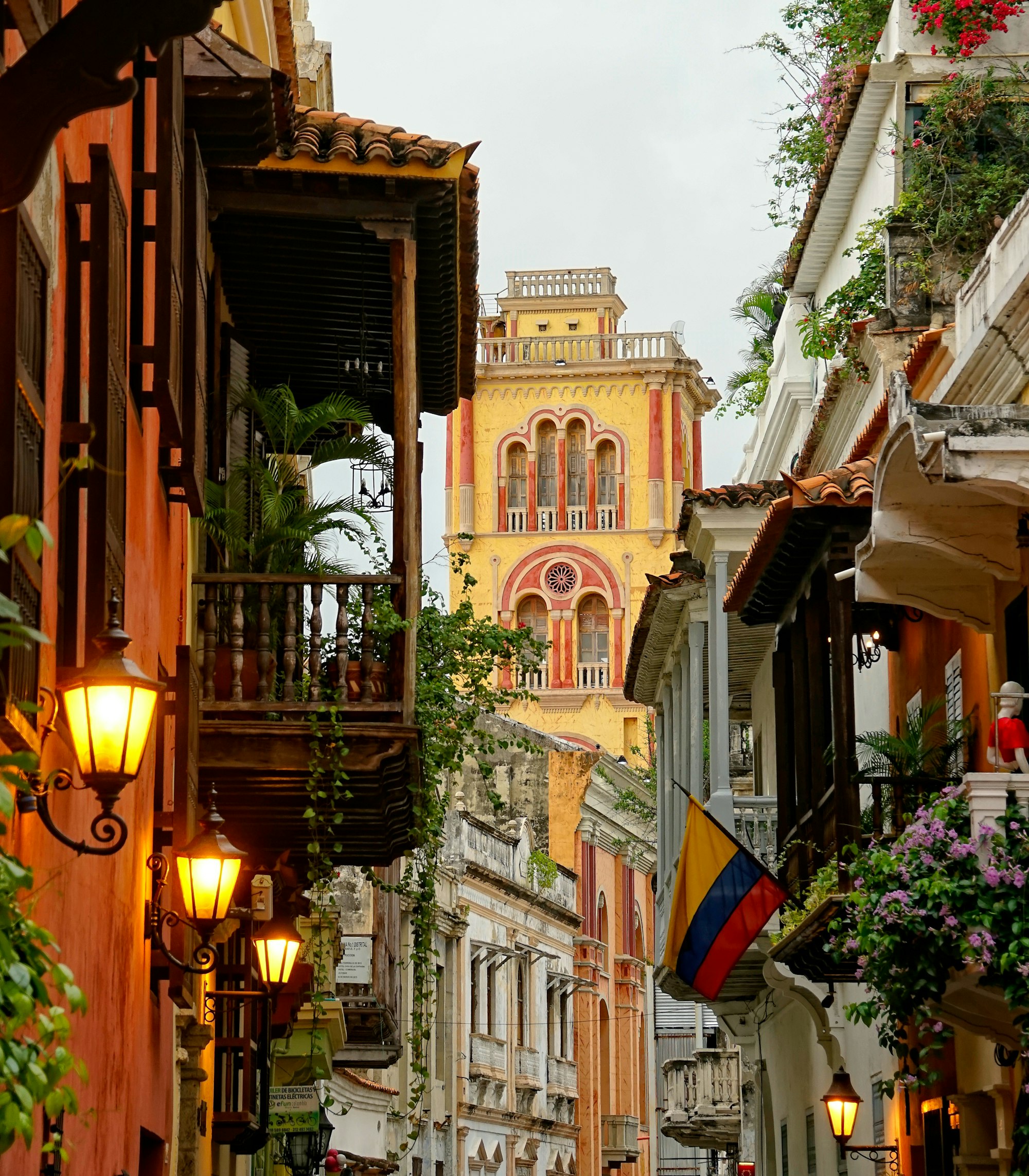View the Country Report for Colombia in the Oxford Compendium of National Legal Responses to Covid-19
Colombia has been harshly hit by the Covid-19 pandemic. With more than 2.4 million cases and 63,442 deaths, Colombia has the third-highest mortality rate in South America. This is despite declaring two states of emergency (17 March - 16 April 2020 and 6 May - 5 June 2020) and imposing a statutory state of health emergency that is still in force (12 March - present). During these times, executive authorities issued an unprecedented number of legislative decrees (having equivalent normative status to laws enacted by the Parliament), regulations, and soft law instruments to combat contagion and the ensuing socio-economic consequences of the pandemic. In contrast, the Colombian Congress only enacted one law regarding the crisis: Law 2064/2020 or the National Vaccination Strategy Act.
Because Colombia is a unitary State with administrative decentralization, national authorities implemented most of the Covid-19 measures. Especially during the 'first wave' of the virus, the National Government ordered several national lockdowns and also issued specific regulations on the closure of schools and non-essential businesses, the implementation of remote working, and the compulsory use of facemasks. With the evolution of the pandemic and the relaxation of lockdowns, local authorities undertook more rule-making and enforcement powers to ensure compliance with local curfews and other mobility restrictions within their municipalities.
